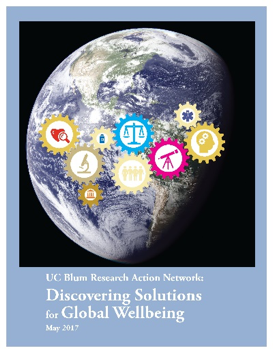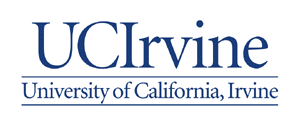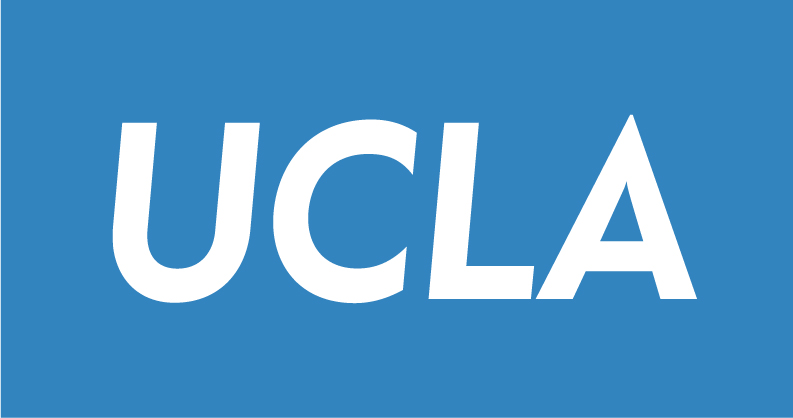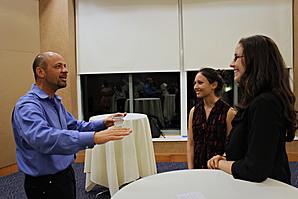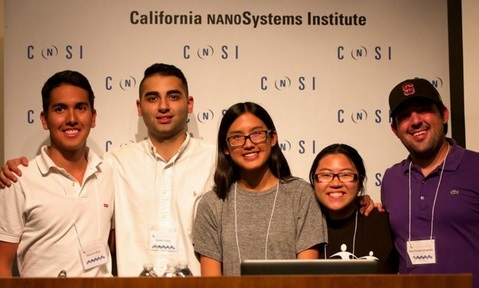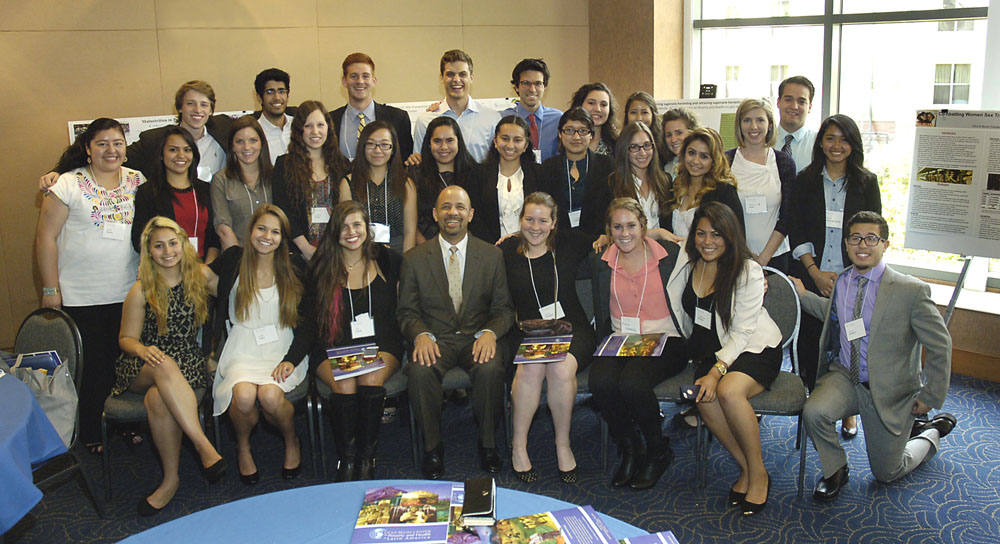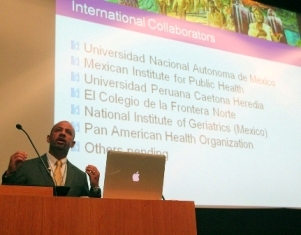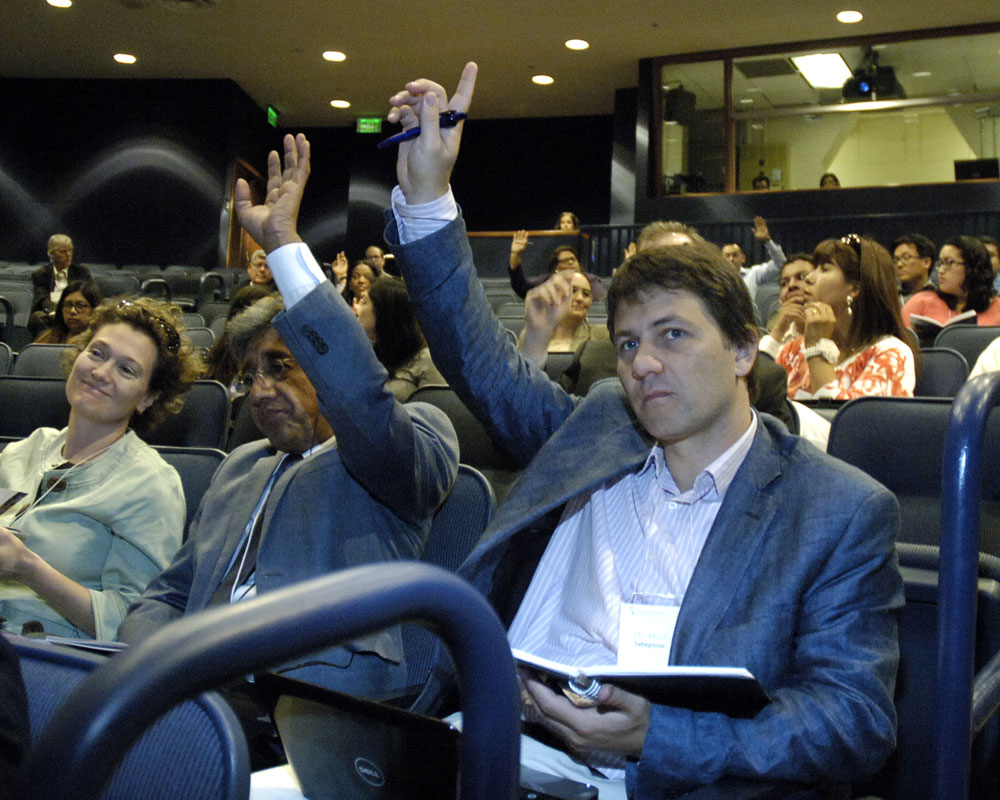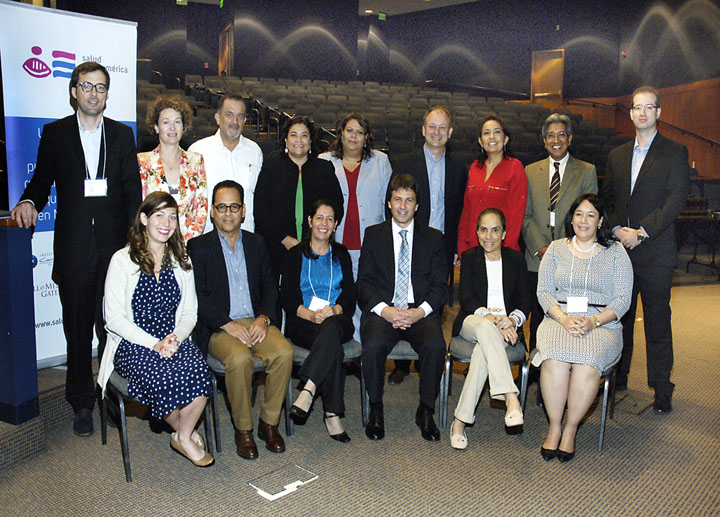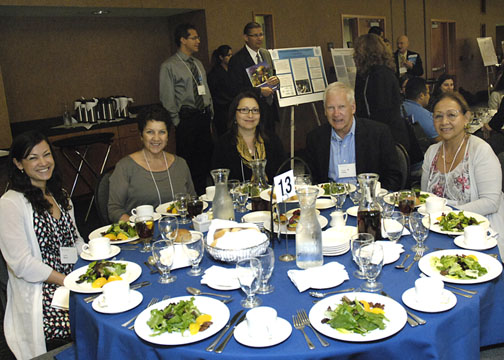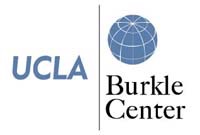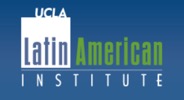Program Overview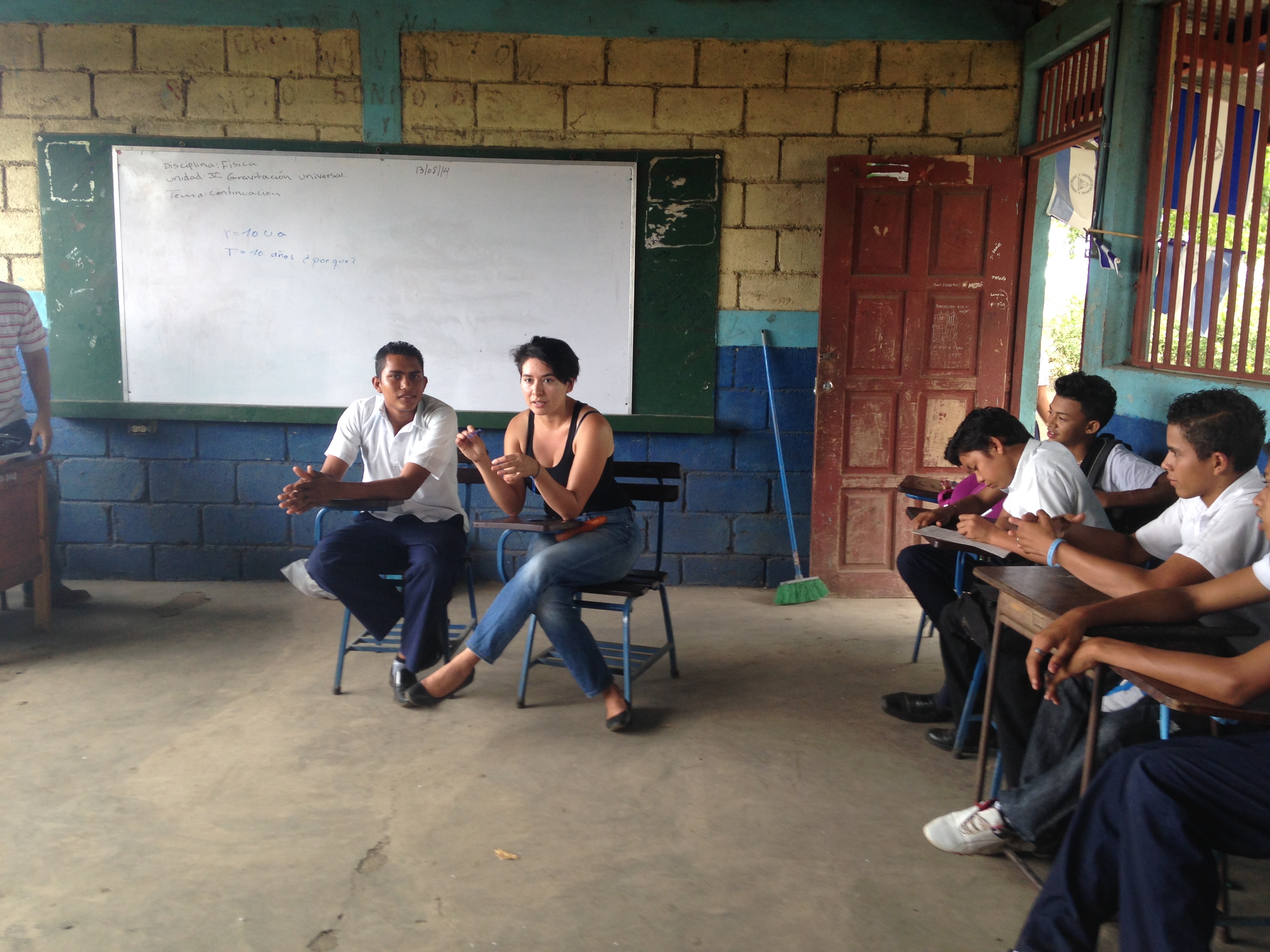
The UCLA Blum Center Summer Scholars Program is a unique opportunity for outstanding graduate students to live in a region of Latin America and work with universities, international institutions or community organizations that are improving the health and social conditions faced by low-income and vulnerable populations in Latin America. UCLA Blum Summer Scholars support the development of specific community responses being implemented in Latin American communities faced with health-threatening conditions of poverty and other social determinants of health. Both UCLA faculty members and representatives from host organizations in Latin America provide mentorships for participating students. This program is funded by both the UC Blum Federation and UCLA Blum Center.
In 2016, Linda Shanley donated to the program in memory of her husband, John Shanley, MD. Her donations have been utilized to partially support students who will travel to Latin America to conduct mentored research under the UCLA Blum Center’s Summer Scholars field studies program. Scholars marked with an asterisk (*) have been funded thanks to her generous donation.
Learn More: UCLA Blum Summer Scholars Program Fact Sheet
English ~ Español ~ Português
2018 UCLA Blum Center Summer Scholars
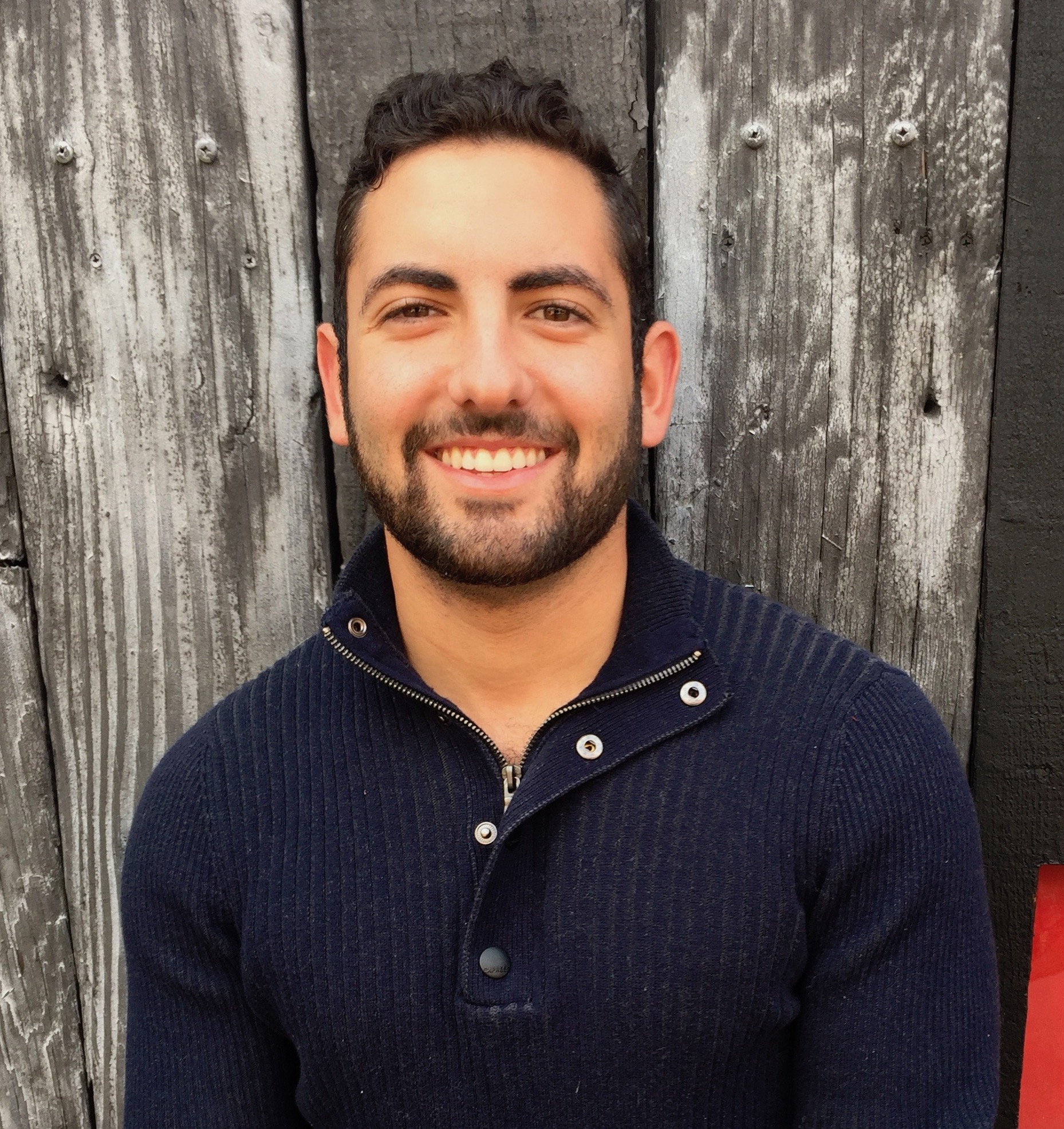 Ryan Assaf*
Ryan Assaf*
Campus: UC Los Angeles
Site: Lima, Peru
Project: HIV prevention in Lima, Peru through biomedical, behavioral, social/community, and structural strategies with a focus on the use of Pre-Exposure Prophylaxis (PrEP) for HIV negative individuals, increase in testing and HIV status awareness, and increase in linkage and engagement in care in HIV positive individuals. This work will be done under the instruction of and collaboration with Dr. Kelika Konda.
Ryan Assaf is a first-year graduate student obtaining his Master's in Public Health Epidemiology with a focus on prevention of infectious diseases locally and internationally. He got his undergraduate degree at UC Irvine where he studied Public Health Sciences and did research on HIV prevention and treatment in South Africa. Post graduation, Ryan went on to work at the AIDS Services Foundation in Orange County as a PrEP (Pre-Exposure Prophylaxis) navigator and HIV counselor and educator, working primarily with communities most at risk for HIV. He is currently woFjoswrking as a graduate research student for Dr. Pamina Gorbach on identifying rates of HPV among men who have sex with men and Dr. Burton Cowgill on developing an intervention to increase HPV vaccinations among UCLA undergraduates. Besides academics, Ryan enjoys playing soccer, snowboarding, backpacking, and traveling.
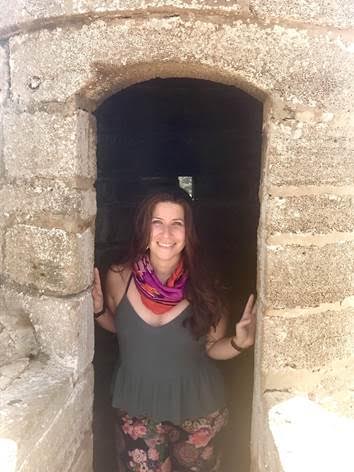 Julia Branco
Julia Branco
Campus: UC Berkeley
Site: National Autonomous University of Nicaragua-Leon (UNAN) Leon, Nicaragua
Project: Julia will work with the Universidad Nacional Autonoma de Nicaragua (UNAN) to explore the implication of current disaster risk management policies and strategies to vulnerable urban communities.
Originally from Brazil, Julia has always been interested in topics of international relations and migration, leading her to pursue a bachelors of International Studies. After graduation, she traveled to the Thai-Burma border where she taught project management and community mobilization skills to refugee youth from a Burmese minority group. She later settled in Baltimore where she served as the equity development coordinator at the Central Baltimore Partnership, developing a community plan for inclusive development. Julia is a pursuing a Masters of City Planning at UC Berkeley's School of Environmental Design focusing on building urban resilience thorough environmental and housing strategies in Latin America.
 Cameron Brandt*
Cameron Brandt*
Campus: UC Los Angeles
Site: rural Nicaragua in partnership with National Autonomous University of Nicaragua-Leon (UNAN) Leon, Nicaragua
Project: Cameron's UCLA Blum Center Summer Scholar research will be focusing on the intersection of traditional medicine and western medicine as it relates to the reproductive health of women living in rural Nicaragua. Her project will be mentored by Dr. Michael Rodriguez of the UCLA Blum Center.
Cameron Brandt is a first year Masters of Public Health student in the Community Health Sciences Department at UCLA. She graduated from Occidental College with a Bachelors in Spanish Studies. During her junior year, she studied abroad in Arica, Chile in a Public Health and Traditional Medicine program. After obtaining her Masters, Cameron hopes to pursue a Ph.D. in Public Health.
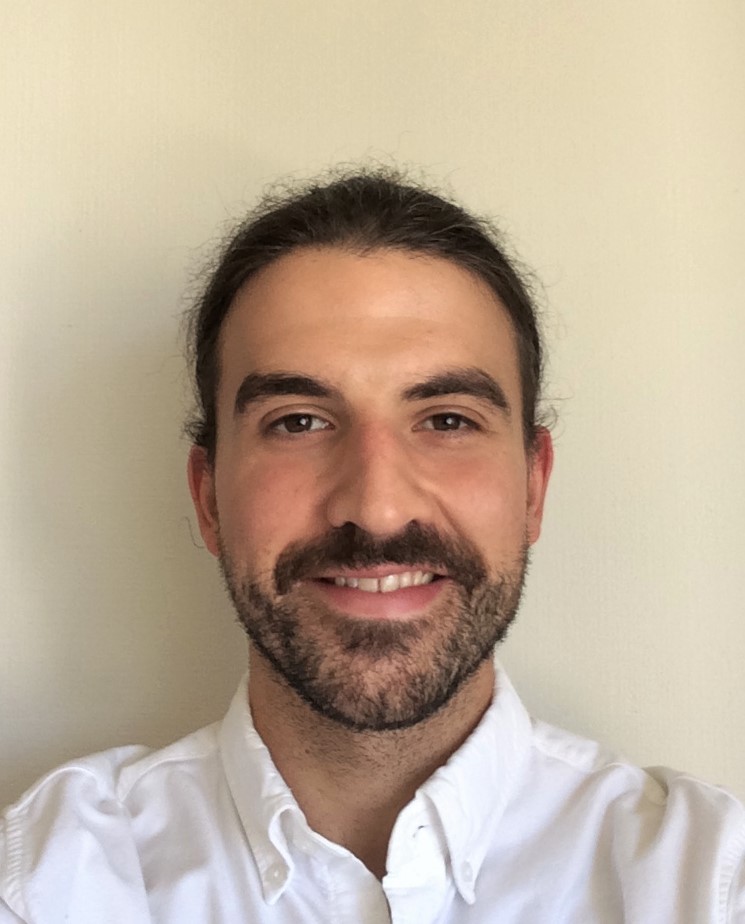 Jimmy Mahady
Jimmy Mahady
Campus: UC Berkeley
Site: Instituto Nacional de Ecología y Cambio Climático in Mexico City, Mexico
Project: The research project is a policy-analysis-focused evaluation of best practices for the promotion of increased transportation electrification to reduce atmospheric pollution and increase social mobility in Mexico's cities. The research will be conducted in conjunction with Dr. Claudia Octaviano's team at the Instituto Nacional de Ecología y Cambio Climático in Mexico City.
Jimmy Mahady is a Master of Public Policy Candidate at UC Berkeley's Goldman School of Public Policy. At Berkeley, he focuses his research on developing and improving policies that shift transportation and energy away from fossil fuels while also improving the health and well-being of people and their environment. Prior to attending graduate school, Jimmy spent three years as an energy and climate policy consultant in his hometown of Seattle and was a 2012-2013 Fulbright Fellow in Uruguay, where he researched political economy of renewable energy with several federal Uruguayan ministries. Through his research this summer, he is looking forward to continuing to build strong ties between peer climate and energy regulatory and research institutions in the US and Latin America as well as getting to know Mexico City and its people.
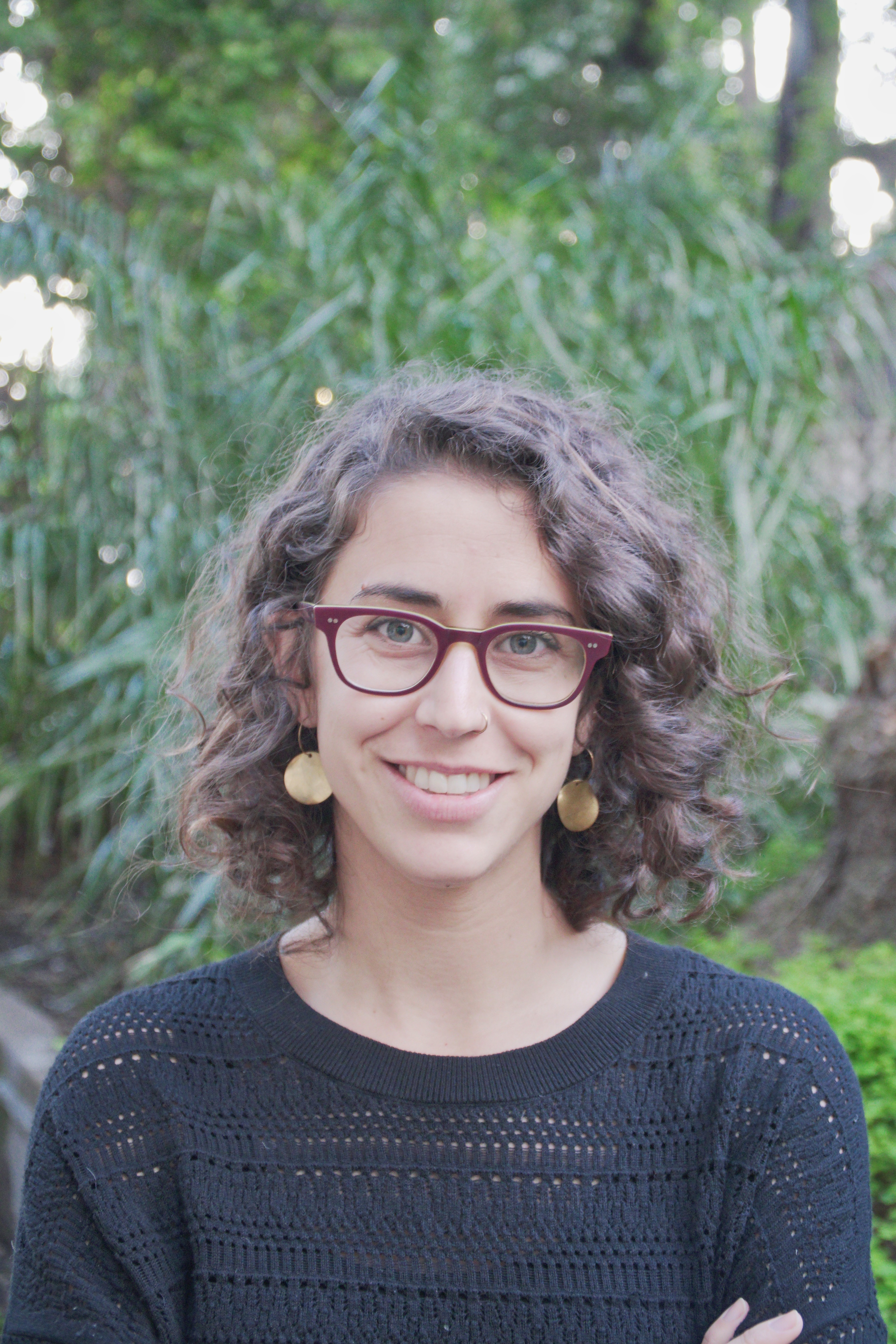 Florencia Rojo
Florencia Rojo
Campus: UC San Francisco
Site: Centro de Investigación y Docencia Económicas (CIDE) Aguascalientes, Mexico
Project: Examining how trauma travels and the context of Central American migration to and through Mexico
Florencia is a doctoral candidate in sociology in the Department of Social and Behavioral Sciences at UCSF. Her work focuses on the intersections of violence, immigration, and health. Florencia is currently working on her dissertation, which qualitatively examines violence and intergenerational trauma in the lives of Central American immigrant families. Prior to being at UCSF, Florencia worked with organizations in the U.S. and Latin America on community health and violence prevention/intervention initiatives.
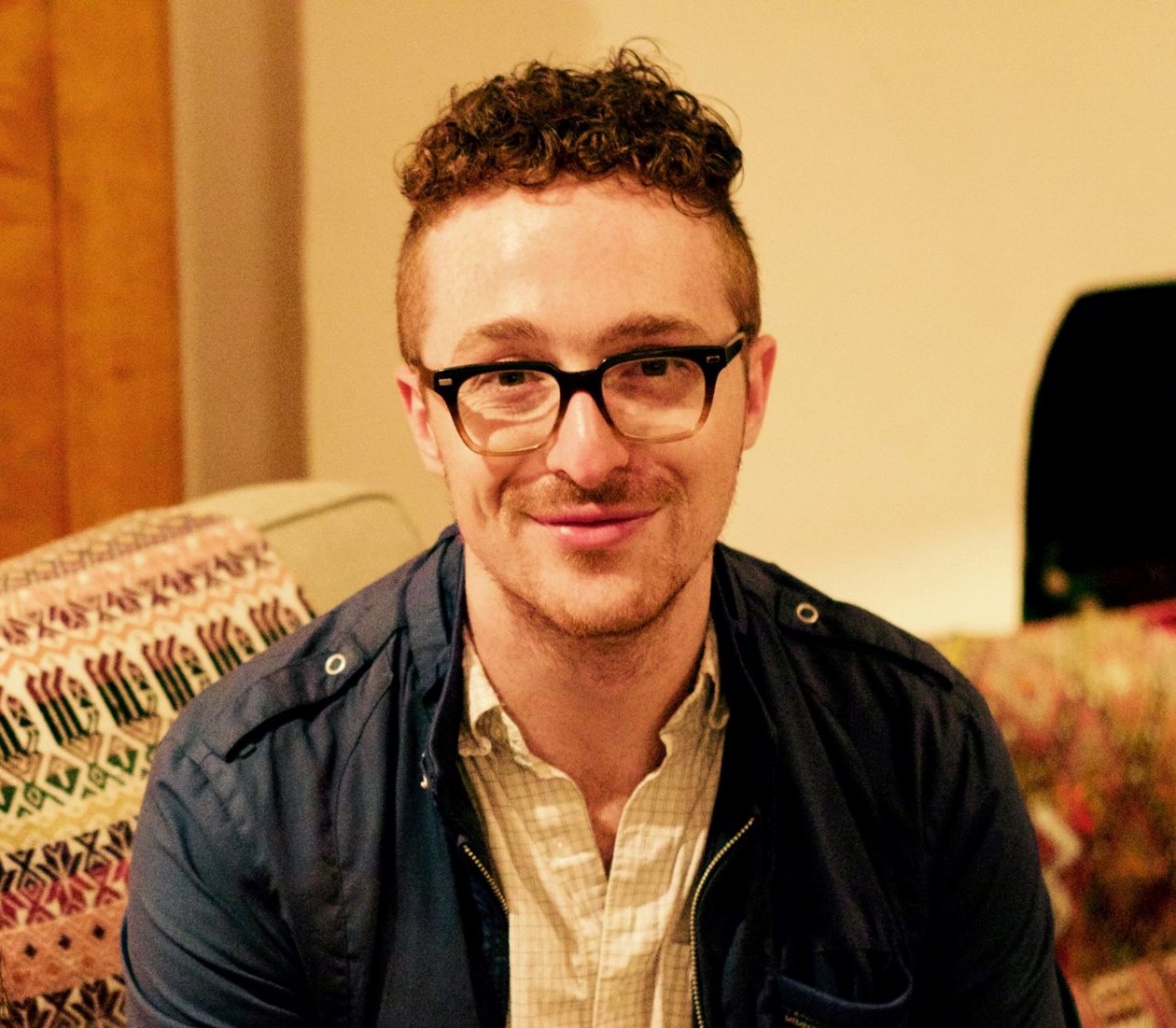 Andrew Smith*
Andrew Smith*
Campus: UC Los Angeles
Site: Universidad San Francisco de Quito
Project: Working with indigenous communities in Ecuador to ensure healthy early childhood development
Andrew is a third-year doctoral student in the UCLA Department of Anthropology who has worked with several Shuar communities in lowland Amazonia over the past two years. Andrew's dissertation research focuses on the triadic relationship between social cognition, language, and early childhood development. Prior to joining the Department of Anthropology, Andrew received a Master's in Psychology from the UCLA Department of Psychology and a Bachelor's in Cognitive Science from Rutgers University.
2017 UCLA Blum Center Summer Scholars
Click here to view a photo gallery of our 2017 Summer Scholars
 Maria Allan Bala
Maria Allan Bala
Campus: UC Davis
Site: FNE International, León, Nicaragua
Project: Worked with FNE International to study the prevalence and risk factors of gastrointestinal disorders in children.
Maria is a third-year undergraduate student at UC Davis studying Global Disease Biology in the College of Agricultural and Environmental Sciences. She is interested in the societal and cultural impacts on health. Under UC Davis’s Blum Center program, she will also work on developing a community resource database with the community of Chacraseca, Nicaragua that will operate as a referral system for the local health post.
 Christopher DeMatteo*
Christopher DeMatteo*
Campus: UC Los Angeles
Site: National Autonomous University of Nicaragua-Leon (UNAN) Leon, Nicaragua
Project: Worked at UNAN-Leon in Nicaragua on a project which aims to use a database of demographic and epidemiological information to more efficiently distribute Nicaragua's medical resources to areas of the country in need.
Christopher will be a second-year medical student at the David Geffen School of Medicine come Fall 2017. He grew up in the East San Francisco Bay Area and studied Biology and Information Science at Cornell University.
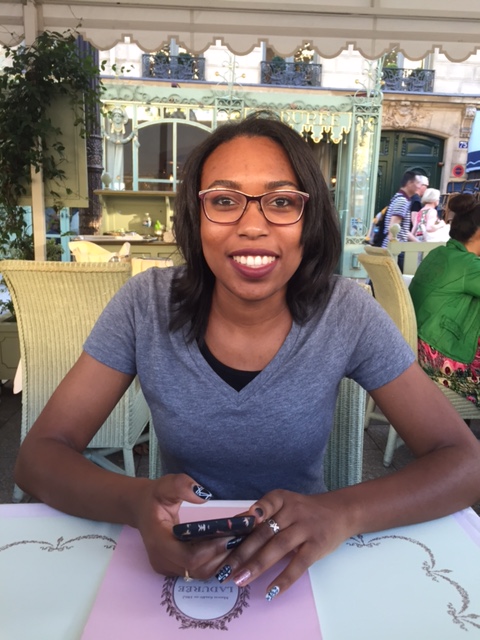 Lauryn Nellum
Lauryn Nellum
Campus: UC Riverside
Site: FNE International, León, Nicaragua
Project: Worked with FNE International to study chronic disease and quality of health.
Lauryn is a second-year Masters of Public Policy student at UC Riverside studying environmental policy and urban/suburban development. She is interested in the environmental impacts and effects on health. She grew up in the Inland Empire and studied at UC Riverside during her undergraduate career. She received her B.A. in political science with a minor in history.
 John Nesemann*
John Nesemann*
Campus: UC Los Angeles
Site: National Autonomous University of Nicaragua-Leon (UNAN) Leon, Nicaragua
Project: Worked with the Centro de Investigacion en Demografia y Salud and UNAN-Leon in Nicaragua. He used a database of epidemiological and demographic information to study the prevalence and location of suicides and their relation to sociodemographic characteristics with an aim to provide information to guide the distribution of medical resources.
John will be a second-year medical student at the David Geffen School of Medicine come Fall 2017. A majority of John’s formative years were spent overseas being exposed to and imprinted on by various cultures. He pursued this nascent interest at the University of Virginia by majoring in Anthropology in addition to completing his premedical coursework. For his distinguished major thesis in Anthropology, he conducted six weeks of ethnographic fieldwork in Guyana.
 Scarlet Peralta Tapia
Scarlet Peralta Tapia
Campus: UC Irvine
Site: Centro de Investigación y Docencia Económicas (CIDE) Mexico City, Mexico
Project: She worked with the Centro de Investigacion y Docencia Economicas (CIDE) located in Mexico City. She did a spatial analysis of crime and car theft in the city and worked on developing a side project with policy implications.
Scarlet is a Master’s of Public Policy candidate at UC Irvine and will be graduating this June. She was born in Mexico and immigrated to the United States at a young age. She received her B.A. in Global Studies with a minor in Global Peace and Security from UC Santa Barbara. During her time at UC Irvine, she has developed an interest for Social Welfare Policy, specifically in how to design and implement policies and programs that create access to resources—such access to jobs, affordable legal services, education, and housing— among marginalized and low-income communities. Her policy interests stemmed from her work with the Global Human Rights Brigade located in Darien, Panamá. She worked alongside a group of students and Panamanian attorneys to provide legal education, clinics, and financial resources to vulnerable families in remote, rural and under-resourced communities.
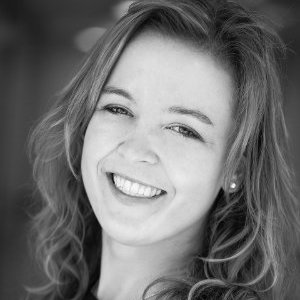 Lucy Stephenson
Lucy Stephenson
Campus: UC Berkeley
Site: Centro de Investigación y Docencia Económicas (CIDE) Mexico City, Mexico
Project: She worked with the Centro de Investigación y Docencia Económicas (CIDE) in Mexico City to model the interaction between land use and transportation. It is a question of how people anchor and move through cities across Mexico, and how we as scholars and citizens and city participants can work on it.
Lucy is a Master’s of City Planning candidate at UC Berkeley focused on transportation and technology. She is especially interested in how modeling and scenario planning can impact zones of inclusion, exclusion, and influence as they emerge through the built environment and media landscape. In the past, this has developed through studying international relations at Brown University, working in real estate and policy research in Mexico, and supporting media development through Afghanistan and the Middle East.
2016 UCLA Blum Center Summer Scholars
 Skye Allmang, MSW, MPP, PhD '18
Skye Allmang, MSW, MPP, PhD '18
Site: Centro de Investigación y Docencia Económicas (CIDE) Mexico City, Mexico
Project: Skye Allmang is a PhD student in the Social Welfare Department at the UCLA Luskin School of Public Affairs. She conducted research at el Centro de Investigación y Docencia Económicas (CIDE) in Mexico City in the summer of 2016, which assessed the role of context on the relationship between delinquency and substance abuse for Mexican adolescents.
Skye Allmang is a fourth-year PhD student in the Social Welfare department at the UCLA Luskin School of Public Affairs. Prior to the doctoral program, she obtained a Master of Social Welfare at UCLA and a Master of Public Policy degree at Brandeis University. She is currently a fellow with the Hilton Doctoral Training program at UCLA, and conducts comparative analysis of policies related to child labor and discrimination in the workplace. Her scholarly interest focuses on youth employment issues in the U.S. and Latin America.
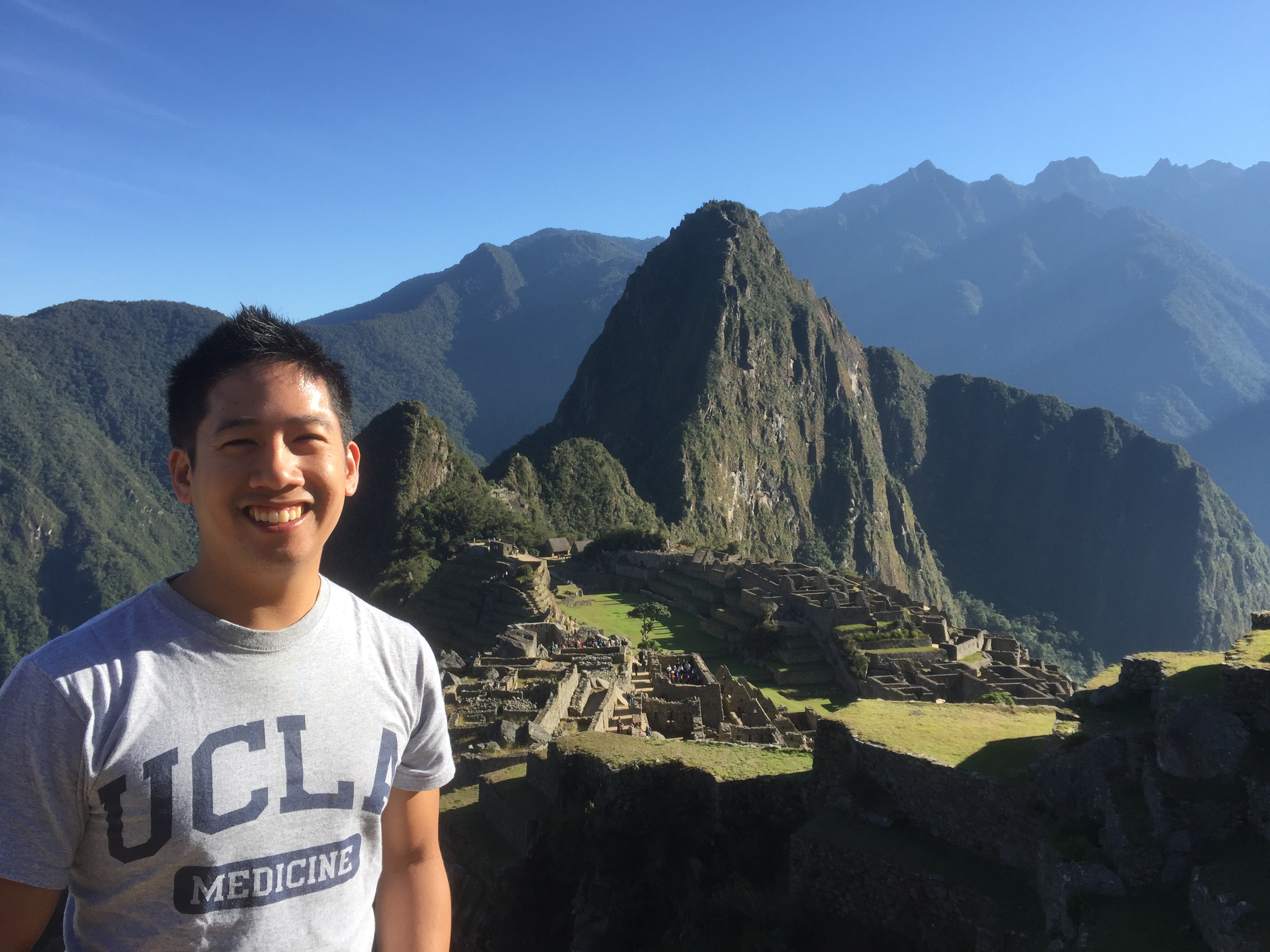 Anthony Bui, MPH, MD '19
Anthony Bui, MPH, MD '19
Site: Centro De Excelencia En Enfermedades Cronicas (CRONICAS), Universidad Peruana Cayetano Heredia Lima, Perú
Project: Assessing percent body fat as measured by bioelectric impedance according to weight self-perception in a cohort of adult Peruvians; Human resources for health in Peru: Recent trends in the labor market for physicians, nurses, and midwives.
Anthony Bui is a medical student at the David Geffen School of Medicine at UCLA interested in primary care, health systems, and public health. As a Blum Center Summer Scholar, he investigated the association between self-perceptions of weight and different measures of obesity with CRONICAS at the Universidad Peruana Cayetano Heredia in Lima, Peru. Prior to UCLA, Anthony was a global health research fellow at the Institute for Health Metrics and Evaluation and a management consultant with Monitor Deloitte. He has advised government, corporate, and NGO leaders in Uganda, Kenya, Zambia, Vietnam, India, and Mexico. Anthony holds a BA in Economics and Public Health from UC Berkeley and an MPH in Global Health Metrics from the University of Washington.
 Iris Guzman, MPH '19
Iris Guzman, MPH '19
Site: National Autonomous University of Nicaragua-Leon (UNAN) Leon, Nicaragua
Project: Candies in Hell +20: A Mixed-Methods Study on the Prevention of Violence Against Women and Girls in León, Nicaragua.
Iris is a second-year graduate student at the UCLA Fielding School of Public Health. This past summer, Iris worked on a population-based household survey to rigorously collect data on the situation of violence against women and girls in Nicaragua in order to promote evidence-based policy changes at the national and local level. Iris’ primary role was to supervise the community fieldworkers for quality assurance. Her summer internship culminated with a research paper that outlined the components necessary to conduct field research for population- based household surveys in low-income communities, in order to facilitate future research carried out in similar settings.
2015 UCLA Blum Center Summer Scholars
Click here to view a photo gallery of our 2015 Summer Scholars

Edgar Corona, MD '19
Site: Institute of Mexican Social Security, Epidemiology and Health Services Unit, Cuernavaca, México
Project: Evaluation of performance and cost-effectiveness of screening and triage strategies for high-risk Human papillomavirus (hrHPV) positive women in México.
Edgar Corona is a first-year medical student with the UCLA Program in Medical Education (PRIME) at the David Geffen School of Medicine (DGSOM). Edgar is working with the Institute of Mexican Social Security, Epidemiology and Health Services Unit on a population-based study designed to evaluate the performance and cost- effectiveness of different screening and triage strategies for high-risk Human papillomavirus (hrHPV) positive women in México.
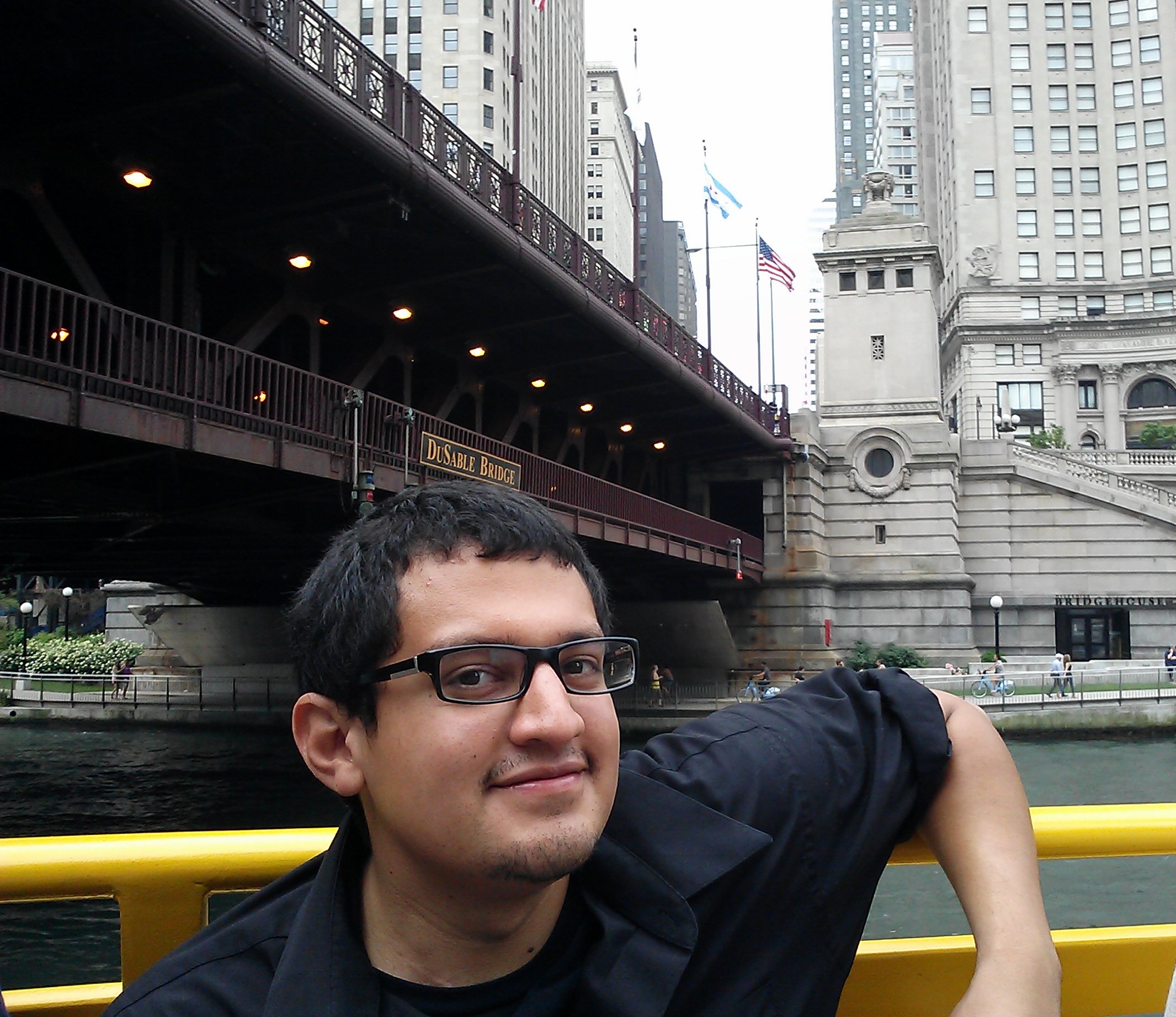 Jose Cuchilla, Ph.D. Sociology '20
Jose Cuchilla, Ph.D. Sociology '20
Site: Salud Mesoamérica 2015 Initiative, Panama City, Panamá
Project: Analysis of factors associated with teenage pregnancy and risky behaviors
Jose Cuchilla is a Ph.D. student in the Department of Sociology at UCLA. Jose is working with the Salud Mesoamérica 2015 Initiative, a public-private partnership between the Bill & Melinda Gates Foundation, the Carlos Slim Foundation, the Government of Spain, and the Inter-American Development Bank and eight countries of Mesoamerica. He will be based in Panama City, Panamá.
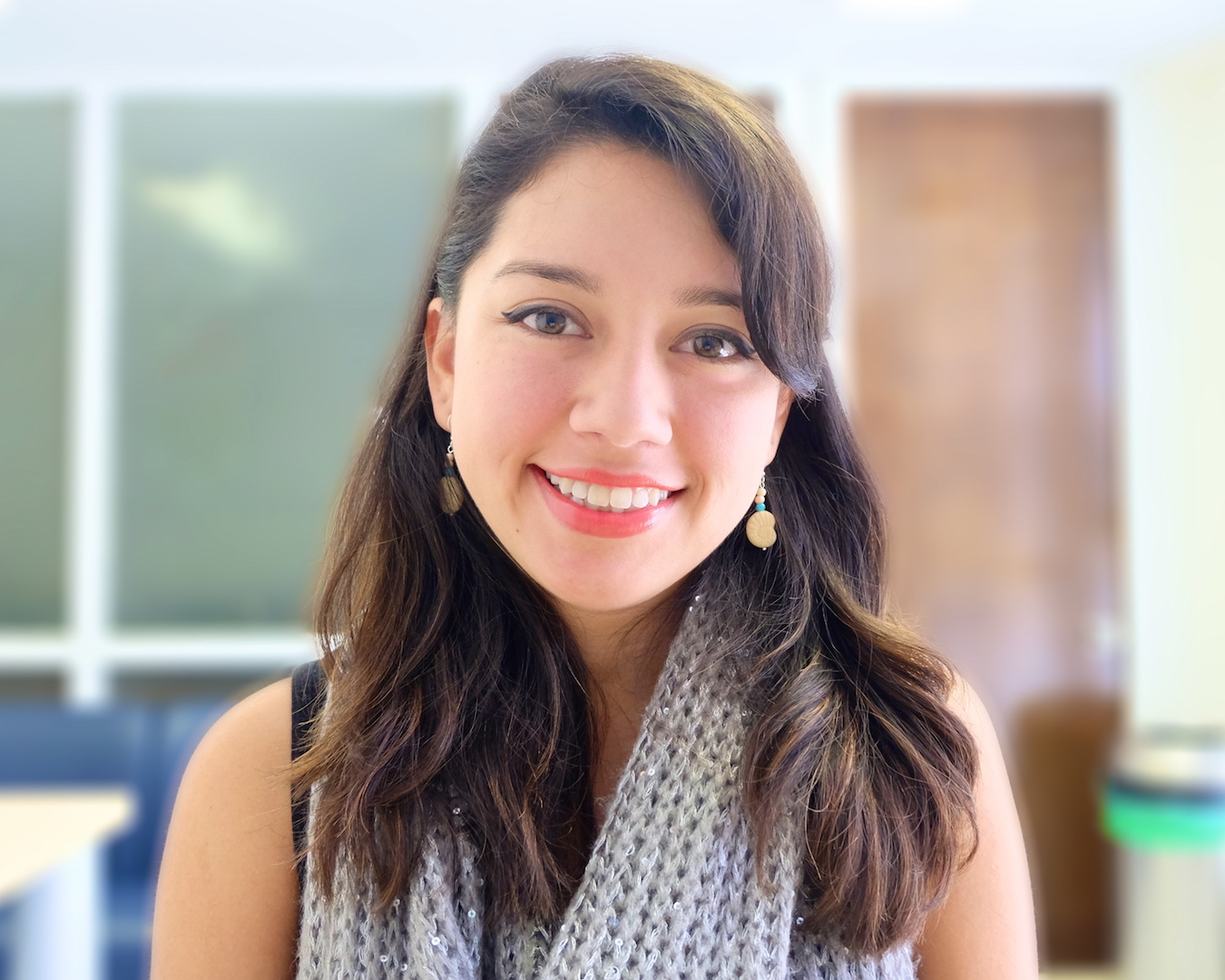 Adriana Quiquivix, MURP '16
Adriana Quiquivix, MURP '16
Site: Centro de Investigación y Docencia Económicas (CIDE), Mexico City, México
Project: Analysis of urban form on mobility patterns in cities throughout México
Adriana Quiquivix is a Masters of Urban and Regional Planning candidate concentrating in community economic development and housing. This summer, Adriana is working with CIDE to conduct research and spatial analysis related to transportation access. Specifically, Adriana will be examining the impact of urban form on people's mobility patterns in cities across México.
 Mayra Rascón, MPH, Ph.D. '19 Health Policy and Management
Mayra Rascón, MPH, Ph.D. '19 Health Policy and Management
Site: National Institute of Public Health, Cuernavaca, México
Project: Evaluation of food labeling policies designed to improve nutrition and prevent obesity
Mayra Rascón is a Ph.D. student in the Department of Health Policy and Management at the UCLA Fielding School of Public Health. Mayra is working with the National Institute of Public Health and will assist in the evaluation of a front-of-package labeling strategy aimed to improve nutritional intake and prevent obesity. Mayra is also working to develop insights on the implementation of the sugar-sweetened beverage tax in México, which is another strategy being implemented to reduce obesity prevalence.
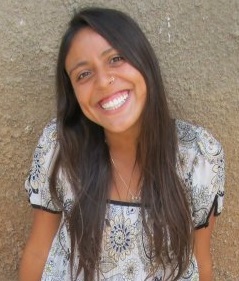 Rafaela Rodriguez, MSW '16
Rafaela Rodriguez, MSW '16
Site: FNE International and Universidad Nacional Autónoma de Nicaragua-León, León, Nicaragua
Project: Examination of current and past interventions in Nicaragua for reducing incidents of teen pregnancy
Rafaela Rodriguez is a Master of Social Welfare candidate with a concentration in international work. She is working with FNE International and UNAN on a study that will examine the work that is being done to tackle high rates of teenage pregnancies. Her research will inform the design and implementation of effective intervention programs in rural communities where there are high rates of teen pregnancy.
 Evelyn Sanchez, MSW '16
Evelyn Sanchez, MSW '16
Site: World Vision, Guatemala City, Guatemala
Project: Evaluation of Guatemala maternal and child health programs of World Vision International
Evelyn Sanchez is a first year Masters in Social Welfare student. Her project supports the Child Health Targets Impact Study (chTIS), which is a five-year research collaboration between World Vision International and John Hopkins University that is designed to measure the impact of maternal, neonatal and child health and nutrition programs on the health of mothers, babies, and children. Evelyn's work will involve qualitative and quantitative data analysis along with primary data collection in the form of interviews and focus groups with madres-guias, trained community health workers who deliver key health and nutritional information to young mothers.
2014 UCLA Blum Center Summer Scholars
Click here to view a photo gallery of our 2014 Summer Scholars
Luis Artieda, MA Latin American Studies/MURP '14
Salud Mesoamérica 2015 Initiative, Panama City, Panama
Project: Office of Monitoring and Evaluation
Allyn Auslander, MPH'15
Institute for Mexican Social Security, Cuernavaca, Mexico
Project: Risk factors associated with the development of liver disease over time
Ana Mascareñas, MPH'15
FNE International and Universidad Nacional Autónoma de Nicaragua-León, León, Nicaragua
Project: Examination of decision-making processes for seeking emergency services and care options in Northwest Nicaragua
Erik Peña, MA Latin American Studies/MPH'15
FNE International and Universidad Nacional Autónoma de Nicaragua-León, León, Nicaragua
Project: Examination of decision-makings for seeking emergency services and care options in Northwest Nicaragua
Clint van Sonnenberg, Ph.D. Political Science candidate
Cayetano Heredia University, Lima, Peru
Project: Exploration of the socioeconomic and political barriers for Peruvians receiving reparations following the country's 20-year civil war and transition to democracy
Jennifer Zelaya, MPH/MSW'15
FNE International and Universidad Nacional Autónoma de Nicaragua-León, León, Nicaragua
Project: Strengthening the quality of and access to support services for women who have experienced intimate partner violence
2013 UCLA Blum Center Summer Scholars
Graduate Students
In the inaugural program of the UCLA Blum Summer Scholars, two Fielding School of Public Health MPH students, Claire Bristow and Rebecca Foelber, were selected to spend their summers doing field research in Peru and Brazil, respectively. To learn about each student's work as a UCLA Blum Center Graduate scholar, please click on their project titles below to read their reports.
Claire C. Bristow, MSc, MPH Student
Assessing factors to increase uptake of testing for syphilis and HIV in men who have sex with men and transgender women in Lima, Peru 2013
Research: The social determinants of sexual health and HIV/syphilis rapid tests: diagnosis and prevention of adverse birth outcome in Lima, Peru.
Study Design: The study evaluated provider/patient acceptability of rapid tests and laboratory-based comparison of rapid tests with normal test protocols. One hundred participants were interviewed to assess social determinants of sexual health; differences/preferences in testing methods were analyzed.
Rebecca Foelber, DVM, MPH Student
Multi-criteria-Based Risk Ranking of Foodborne Parasites
Research: Data collection to inform measures to prevent food-borne diseases in Rio de Janeiro Brazil.
Study Design: This research collected and analyzed official data on food-borne disease incidences compiled by national epidemiological centers in Latin America and the Caribbean during the last 14 years. The research team compiled and analyzed the resulting international dataset and produced a final report for WHO / PAHO surveillance purposes.
Undergraduate Students
In our 2013 inaugural year, the UCLA Blum Center supported undergraduate students working on community initiatives in Los Angeles designed to address the health needs of the most vulnerable low-income residents. During the eight-week session, students participated in a two-pronged program that included internships at Los Angeles-based community initiatives and civic engagement coursework. Undergraduate Summer Scholars Aldana Garcia, Jessica Cubias, and Abram Cerda served as interns at the Central American Resource Center (CARECEN) serving Latin American immigrant communities. Two more Undergraduate Summer Scholars, Erin Standen, and Elizabeth Padilla worked with the Saint John's Well Child and Family Health Center to support the needs of low-income populations.
To learn about each student's work as a UCLA Blum Center Undergraduate Summer Scholar, please click on their project tittles below to read their reports.
Abram Paul Cerda
Undocumented Students Framed in the Media
Jessica Esmeralda Cubias
What I Learned, What I Earned, and What I Gave
Aldana Garcia
CARECEN and Early Childhood Development
Elizabeth Padilla
Childhood Obesity & St. John's
Erin Standen
Civic Engagement at St. John's Well-Child and Family Center

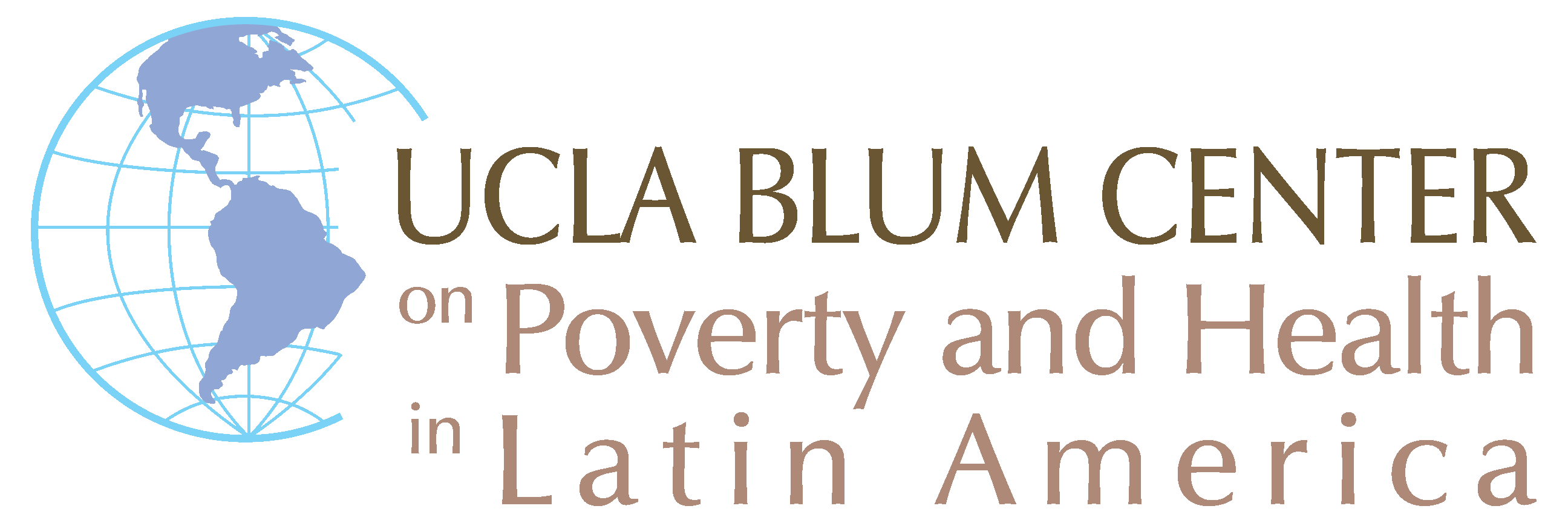




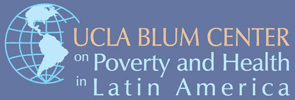


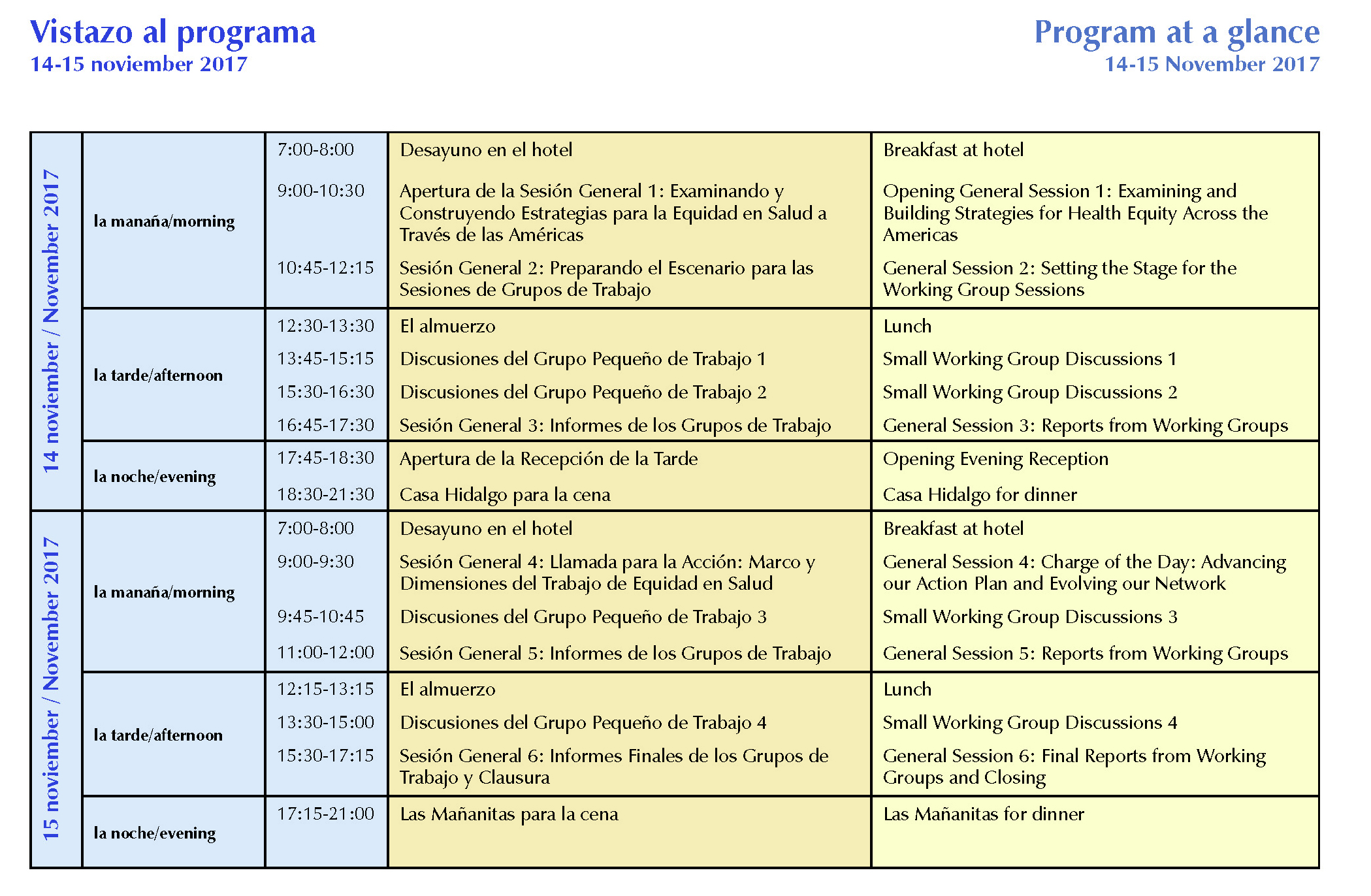


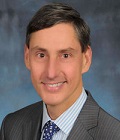
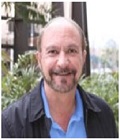
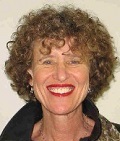




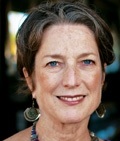

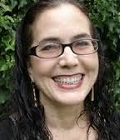


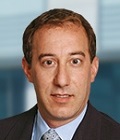

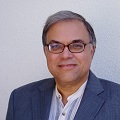
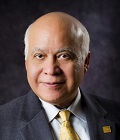
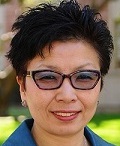
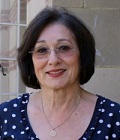

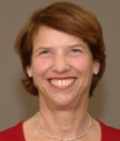

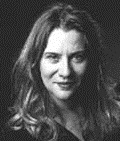
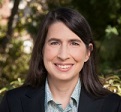

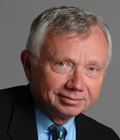
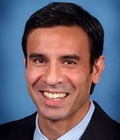
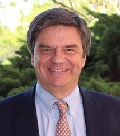
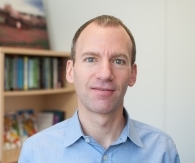


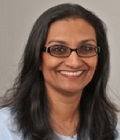
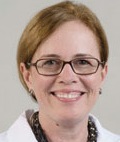
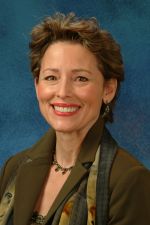
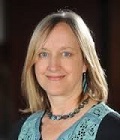

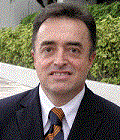
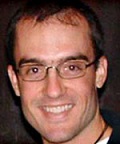
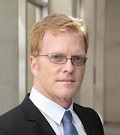
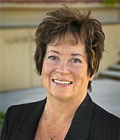

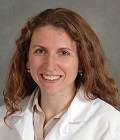
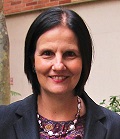

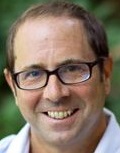

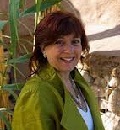
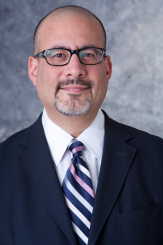
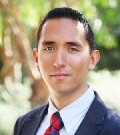
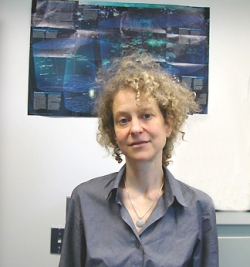

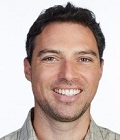

 Ryan Assaf*
Ryan Assaf*
 Julia Branco
Julia Branco
 Cameron Brandt*
Cameron Brandt*
 Jimmy Mahady
Jimmy Mahady
 Florencia Rojo
Florencia Rojo
 Andrew Smith*
Andrew Smith*
 Maria Allan Bala
Maria Allan Bala




 Iris Guzman, MPH '19
Iris Guzman, MPH '19


 Mayra Rascón, MPH, Ph.D. '19 Health Policy and Management
Mayra Rascón, MPH, Ph.D. '19 Health Policy and Management



